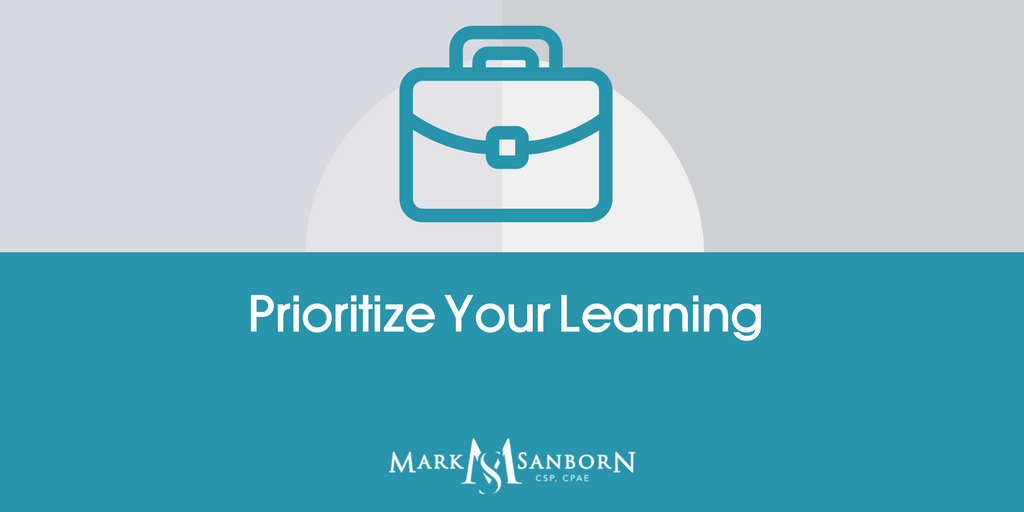There is too much knowledge for anyone to know everything. One book claims Athanasius Kircher, a German polymath who lived in the 17th century was the “last man to know everything.” I’ve also read others who believe Francis Bacon, who lived at about the same time, was the last person to know everything (that was known at the time).
I’ve amassed a huge library and subscribed to countless magazines in an effort to learn as much as I could. It has, for the most part, benefited me. But like Solomon, the supposed author of Ecclesiastes said, “Of the making of books there is no end.”
So what should we attempt to know in a world so full of ideas?
Recently I’ve arrived at the conclusion that there are three primary categories of learning:
1. What we need to know: that would include information to living a full, healthy and fulfilled life as well as certain aspects specific to one’s career or profession. For instance, if you don’t have basic information about economics and money management, your future security and networth is limited by this lack of knowledge.
2. What we desire to know: this includes areas of fascination and passion. This type of knowledge is specific to the individual. A person passionate about his or her faith would most likely have a desire to grow in knowledge about the theology and practice of that worldview. I enjoy philosophy, but because I am not a philosopher by training or profession, this is information I desire but don’t necessarily need to know.
3. What we’d like to know: this is the pied piper of distraction. There is much I’m interested in knowing but simply don’t have time to learn about. Sometime I’ll buy a magazine because of a particular article. Reading it is fun and usually entertaining if not enlightened. The potential downside is the time away from my categories of “need” and “desire” to know. In economics, we call that an opportunity cost.
He or she who tries to know everything ends up knowing little. While that type of person might be hard to beat in a game of Trivial Pursuit, they’ve mortgaged important learning for trifles.








